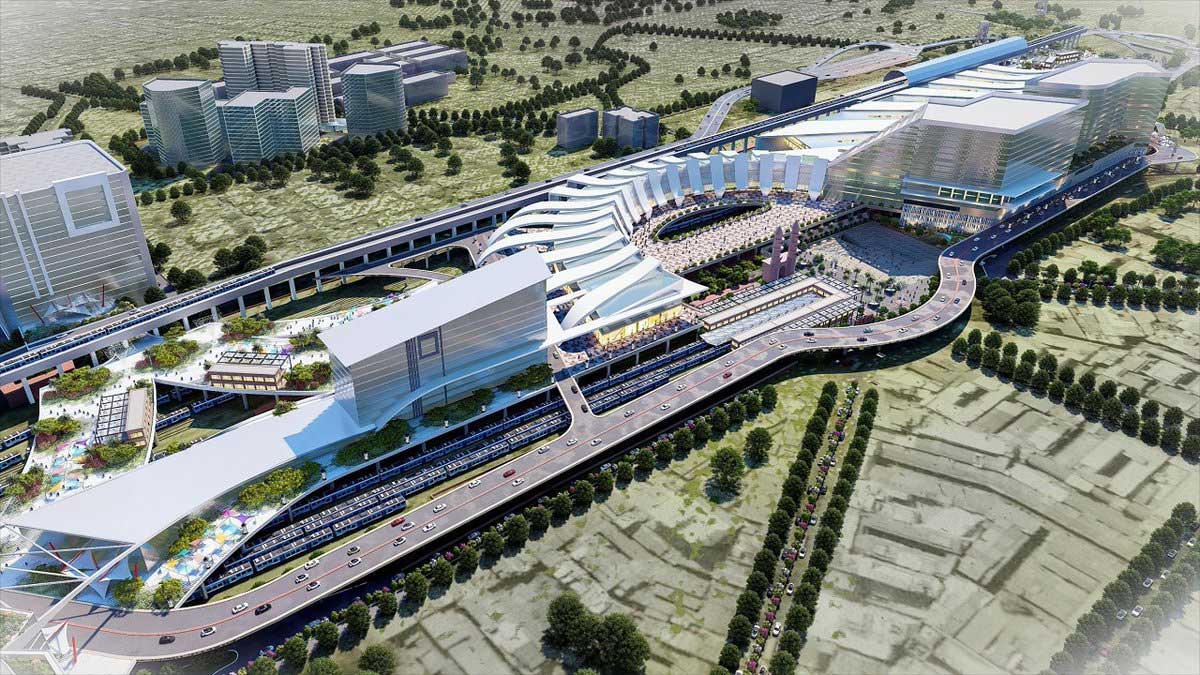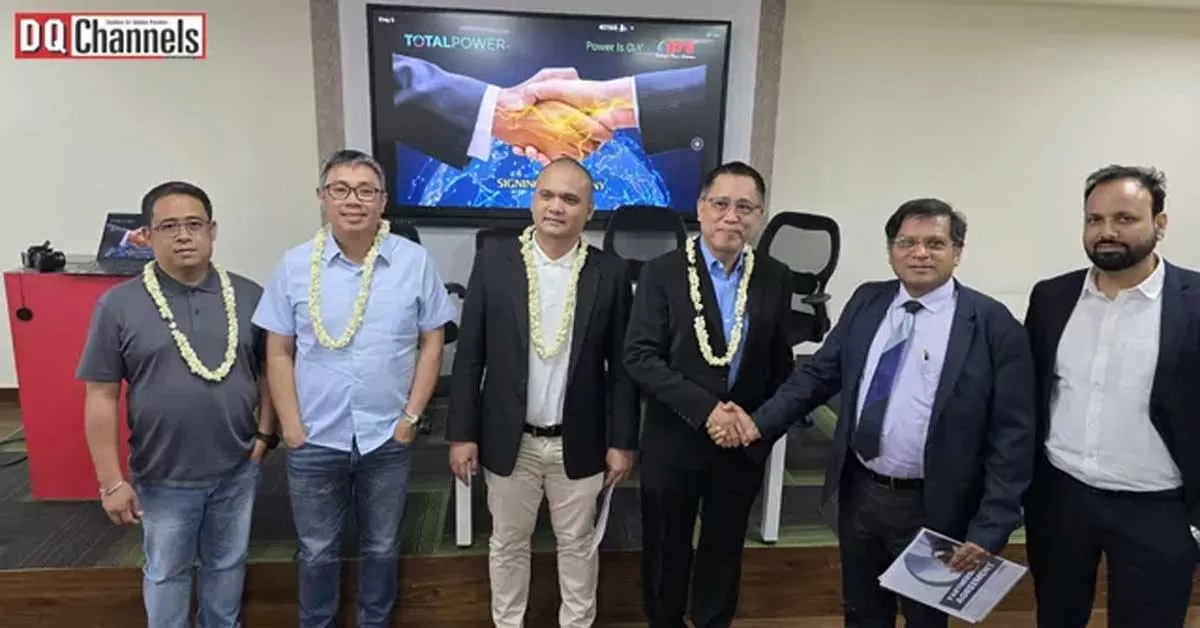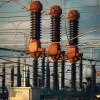
Indian Metro Rail Network Set to Surpass the USA, Becoming the World's Second-Largest

vVyom By Shuchita Unveils Sustainable Cushion Line, Wild Whispers
vVyom by Shuchita, the Jaipur-based sustainable luxury brand, has launched Wild Whispers—a new collection of handcrafted cushions inspired by India’s wilderness and traditional artistry. Merging age old artistry with modern aesthetics, the collection offers refined décor pieces for homes that value conscious elegance. Each cushion is made from 100% linen, chosen for its breathable and durable properties. The designs feature hand-painted motifs, meticulous embroidery, and a rich colour palette of earthy tones, deep jewel hues, and gold accents. These cushions are crafted to enhance diver..

BPE Partners With TOTALPower To Expand Across ASEAN Energy Sector
Best Power Equipments (BPE), one of India’s leading power solutions providers, has entered a strategic partnership with TOTALPower, a prominent energy player in the Philippines, to deliver world-class infrastructure solutions across the ASEAN region. The partnership will boost energy resilience for data centres, commercial setups, and industrial facilities. The agreement was formalised at BPE’s Experience Centre in Noida, during a visit by TOTALPower executives. The event included demos of BPE’s UPS systems, energy management platforms, and power backup technologies that will soon be d..

Wadhwa Wise City Wins Best Integrated Township Award 2025
Wadhwa Wise City, the flagship township project by The Wadhwa Group, has been awarded 'Best Integrated Township' at the 12th Real Estate Business Excellence Awards 2025, hosted by CNBC-TV18. The ceremony, held in Mumbai on 3 April 2025, celebrated transformative contributions to India’s real estate sector. Located in Panvel, Wadhwa Wise City is recognised for its sustainable master planning, superior connectivity, and community-centric amenities. The township offers abundant open spaces, an excellent Air Quality Index (AQI), and modern infrastructure, making it a sought-after destination f..














